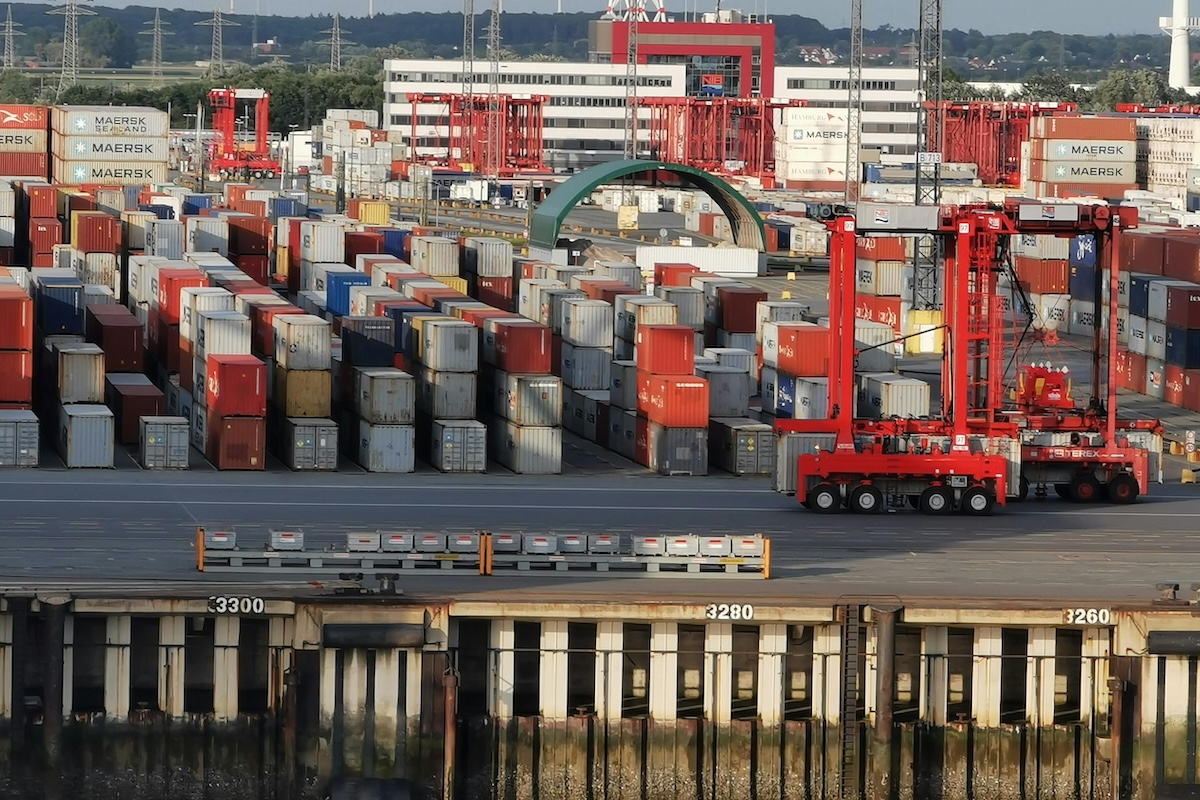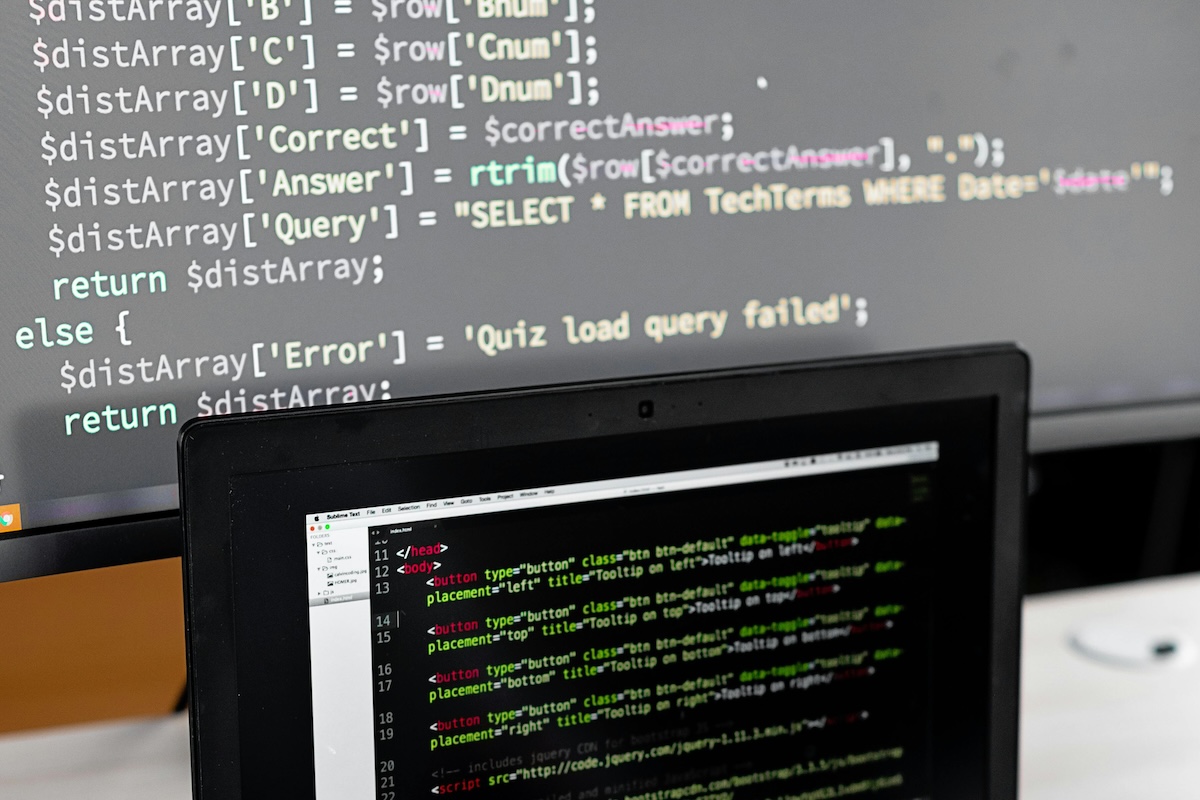How Export Compliance Training Protects Your Business

Article Summary
Export compliance training teaches employees the regulations, procedures, and red flags related to international trade. It helps prevent costly violations, protects the company’s reputation, and ensures smooth global operations.
All employees should have basic awareness of export regulations. However, staff directly handling classification, licensing, or compliance tasks require more in-depth and role-specific training.
Key regulations include the International Traffic in Arms Regulations (ITAR), Export Administration Regulations (EAR), and Office of Foreign Assets Control (OFAC) sanctions, along with company-specific compliance policies.
Properly classifying products and technologies, determining licensing requirements, maintaining accurate records, and following the company’s compliance procedures are essential tasks.
Training should teach staff to anticipate and adapt to new sanctions, regulatory updates, product developments, or personnel changes. Proactive planning helps mitigate risk.
Businesses should involve external advisors during high-risk situations such as M&A activity, CFIUS reviews, audits, or when dealing with sensitive technologies and licensing challenges.
Export compliance training is essential for any company or organization involved in international trade but there are specific types of training, depending on the positions and responsibilities of various employees. Not everyone needs to be an expert, but this fundamental knowledge will help them fulfill their compliance roles and, very critically, help them recognize a “red flag” if they see one.
Compliance Awareness Training Is Paramount
All employees should be aware of export control basics, that is, the concepts, terminology, risks and requirements. As such, they must be aware of the various export control regulations, such as the International Traffic in Arms Regulations (ITAR), Export Administration Regulations (EAR), and Office of Foreign Assets Control (OFAC) sanctions. They should also be familiar with the procedures contained in the company’s Export Compliance Program, that is, what it covers, and which employees are handling the various aspects.
Ensuring Compliance Through Effective Classification and Licensing
Two critical requirements of export compliance are 1) correctly classifying the company’s products, technologies, and services, and 2) determining if any of them would require an export license. Not everyone will perform these tasks, but employees should understand the differences between the Commerce Control List (CCL) and the United States Munitions List (USML), as well as the different licensing processes through DECCS and SNAP-R. This is particularly important if the company has sensitive/licensable technologies.
Key Tasks and Training for Compliance
There are various compliance tasks required by the U.S. government and a comprehensive Policies & Procedures manual should address all these in a practical manner, such as: What is it? When do we need it? What does it look like? Where do we send it? Who is going to do it? The answer to the last question is obviously critical. Who is going to do it? In small companies, the Export Compliance Officer (ECO) does everything, while in larger companies, the ECO is the hub of the compliance wheel, with spokes out to appointed experts in the various departments. Whoever they are, these people require training to do their own tasks and also cross-training with others if ever they must stand-in for a sick or departed colleague.

Training to Overcome Compliance Changes
Your compliance team and company executives should sit with trainers to discuss how future events can affect the company’s export compliance program. Whether it’s an internal transition, like a new product or personnel change, or an external development like a sanction or regulatory change, your experts and executives have to recognize and adapt to the changing circumstances. There should be guidance in your procedures that help your staff anticipate, monitor, and adapt to these various transitions. In these situations, proactive beats reactive by a mile.
Maximizing Success by Working with Compliance Advisors
Certain situations require objective expertise and your compliance team must learn to anticipate these critical junctures. Examples include fund-raising or M&A activities which involve foreign investors and possibly a CFIUS review. The presence of sensitive technologies will require a Technology Control Plan as a subset of your overall export control program. Compliance audits are best performed by objective, third party professionals who will review all aspects without bias or preconceptions. More common, but equally important, are the fundamental tasks of export classifications and license applications. In all these instances, your compliance experts must know what they don’t know and when to bring in outside assistance.
Summary: The Vital Role of Export Compliance Training
Export compliance training is essential for businesses engaged in international trade, ensuring that employees understand and adhere to complex export regulations. Comprehensive training programs help mitigate risks, prevent costly violations, and maintain smooth operations. By implementing tailored training solutions, companies can enhance their compliance strategies, protect their global operations, and stay ahead of regulatory changes. Continuous learning and the use of technology further support the effectiveness of these training programs, fostering a culture of compliance and accountability.
Need export compliance training for your employees? CTP experts excel in delivering General Awareness training, tailored training for ECOs and personnel with export compliance responsibilities, and training for Executive teams on how to adapt the company’s export compliance program when undergoing internal and external transitions. Contact CTP today to learn more about our training offerings!
Key Points
What is export compliance training, and why is it essential?
Export compliance training educates employees on the regulations governing the export of goods, technologies, and services, such as ITAR (International Traffic in Arms Regulations), EAR (Export Administration Regulations), and OFAC (Office of Foreign Assets Control). It ensures that employees understand their responsibilities in adhering to export control laws, preventing violations, and protecting national security. Training is a cornerstone of a robust compliance program, helping businesses navigate complex regulations and avoid costly penalties.
Why is export compliance training important for businesses?
Export compliance training is critical because it:
- Prevents Violations: Employees learn how to identify and avoid actions that could breach export control laws.
- Reduces Risks: Training minimizes the likelihood of fines, penalties, and reputational damage.
- Ensures Regulatory Adherence: Employees gain a clear understanding of ITAR, EAR, and OFAC requirements, ensuring compliance with U.S. and international laws.
- Fosters a Culture of Compliance: Training promotes ethical practices and accountability across the organization.
Without proper training, businesses are at greater risk of non-compliance, which can have severe consequences.
What are the consequences of non-compliance with export control regulations?
Non-compliance can lead to:
- Fines and Penalties: Violations can result in fines of up to $1 million per violation.
- Loss of Export Privileges: Companies may lose the ability to export goods or services, impacting their global operations.
- Reputational Damage: Non-compliance can harm a company’s reputation and relationships with customers and regulators.
- Criminal Charges: Deliberate violations may result in imprisonment for individuals involved.
These consequences highlight the importance of investing in comprehensive export compliance training.
How does export compliance training benefit businesses?
Export compliance training provides several key benefits, including:
- Improved Accuracy: Employees are better equipped to classify items, complete export documentation, and apply for licenses.
- Enhanced Efficiency: Training streamlines compliance processes, reducing delays and errors.
- Stronger Global Trade Operations: Businesses can confidently expand into new markets while adhering to export control laws.
- Risk Mitigation: Training helps identify and address potential compliance issues before they escalate.
By empowering employees with the knowledge they need, businesses can operate more effectively and securely in global markets.
What should effective export compliance training include?
Effective training programs should cover:
- ITAR and EAR Regulations: Detailed guidance on the rules governing defense-related and dual-use items.
- OFAC Sanctions: Information on economic and trade sanctions administered by OFAC.
- Red Flags: How to identify suspicious activities or transactions that may indicate non-compliance.
- Licensing Requirements: Steps for obtaining export licenses and understanding when they are needed.
- Company-Specific Policies: Tailored training that aligns with the organization’s unique compliance needs and procedures.
Interactive and role-specific training ensures that employees at all levels understand their responsibilities and can apply their knowledge effectively.
How can businesses implement effective export compliance training?
To implement effective training, businesses should:
- Leverage Expert Resources: Use training programs from reputable providers, such as ECTI or BIS, to ensure accuracy and relevance.
- Customize Training: Tailor content to address the specific needs of the organization and its employees.
- Provide Ongoing Education: Offer refresher courses and updates to keep employees informed about regulatory changes.
- Use Technology: Incorporate e-learning platforms and interactive tools to make training accessible and engaging.
- Monitor and Evaluate: Track employee participation and assess the effectiveness of training programs through quizzes and feedback.
By prioritizing training, businesses can build a strong compliance culture and reduce the risks associated with export control violations.










